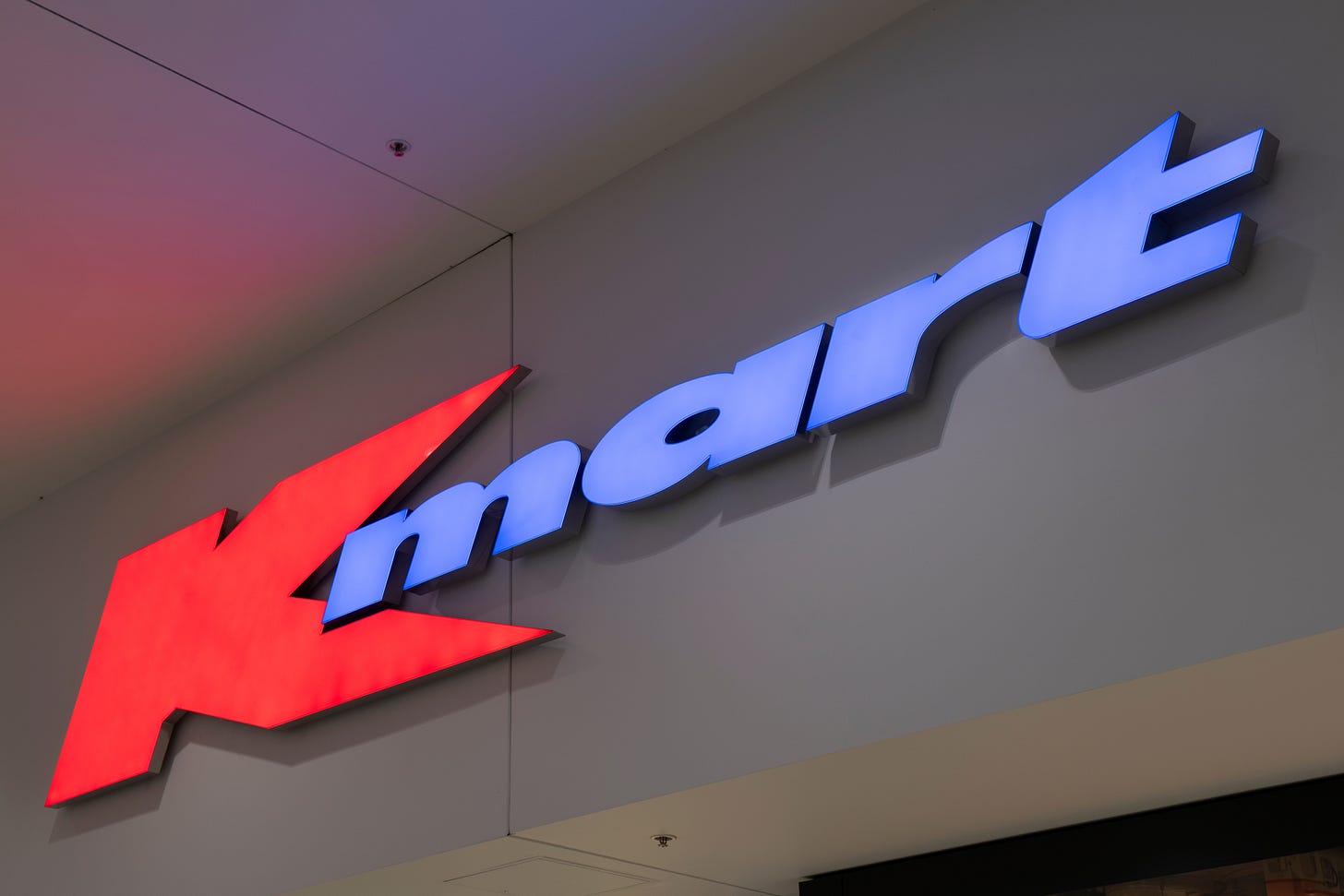Aunt Ella was married to a blind man named Willie so their house was sparsely furnished and utterly free of clutter. Pathways were worn into the carpet and linoleum from couch to bathroom to bedroom to kitchen. Everything was designed for easy memorization. They lived in Spokane behind the Kmart on Sprague Avenue. Sometimes, when our parents went drinking, they'd grab Ella and Willie and head out to the Indian bars and leave us kids alone in the house.
Once, they left my big brother and I alone on a Saturday afternoon. He was nine. I was six. We were hungry but the refrigerator and cupboards were even more spare than the rest of the house. There was a small grocery store not far away. We thought about shoplifting food but we knew we'd probably get taken from our parents if we were caught. We'd end up in foster care and that was like playing darts: bullseye meant kindness while everything else meant different kinds of cruelty.
We searched the house for money—for dimes and pennies—but only found a notepad and crayons in a dresser drawer.
My brother, the entrepreneur, said, "I'll draw pictures, you color them in, and we'll sell them to the neighbors."
He was good at drawing comic animals—dogs, cats, horses, and fish—and he directed me to color them with wild patterns. I guess he didn't want our animals to look like anybody else's animals.
We created maybe twenty works of art and then we walked around the block, knocked on doors, and tried to sell our work.
Most people weren't home. A few were mean and shooed us away. But we sold everything to kind neighbors and made ten dollars or so.
Then we walked over to the Kmart. Those were the days when they had deli counters. So we sat and ordered sandwiches, french fries, and sodas.
"Where's your parents?" the waitress asked.
"Shopping," we said. "They're buying us surprises."
Like many kids from dysfunctional homes, my brother and I knew how to camouflage our poverty and pain. Strangers mistook our forced maturation for precociousness.
When our food arrived, we ate too quickly. Hunger and patience are not friends.
As we were leaving, my brother surreptitiously shoved a bottle of ketchup into his jacket pocket.
I tried to stop him. I was afraid. But we made it back to the house without incident.
Then, hours later, as our stomachs began to rumble again, my brother filled two bowls with hot water from the tap. Then he squeezed half of the ketchup into one bowl and half into the other. Then he took two spoons out of a drawer, handed me one of them, and we stirred and stirred until we'd made tomato soup.
We ate that meal as slowly as possible. We counted thirty seconds between spoonfuls—between sips. Then we counted one minute. Then two. We were still counting and eating when our parents, aunt, and uncle arrived back home.
They gave us bags of potato chips and candy bars.
And we instantly forgave them our abandonment because that's the only theology that a poor kid knows.





These two statements struck home:
Hunger and patience are not friends,
and the last one about kids and forgiveness. Truth
Your characteristic economy with words works so powerfully here. Such a happiness to have regular access to your voice.